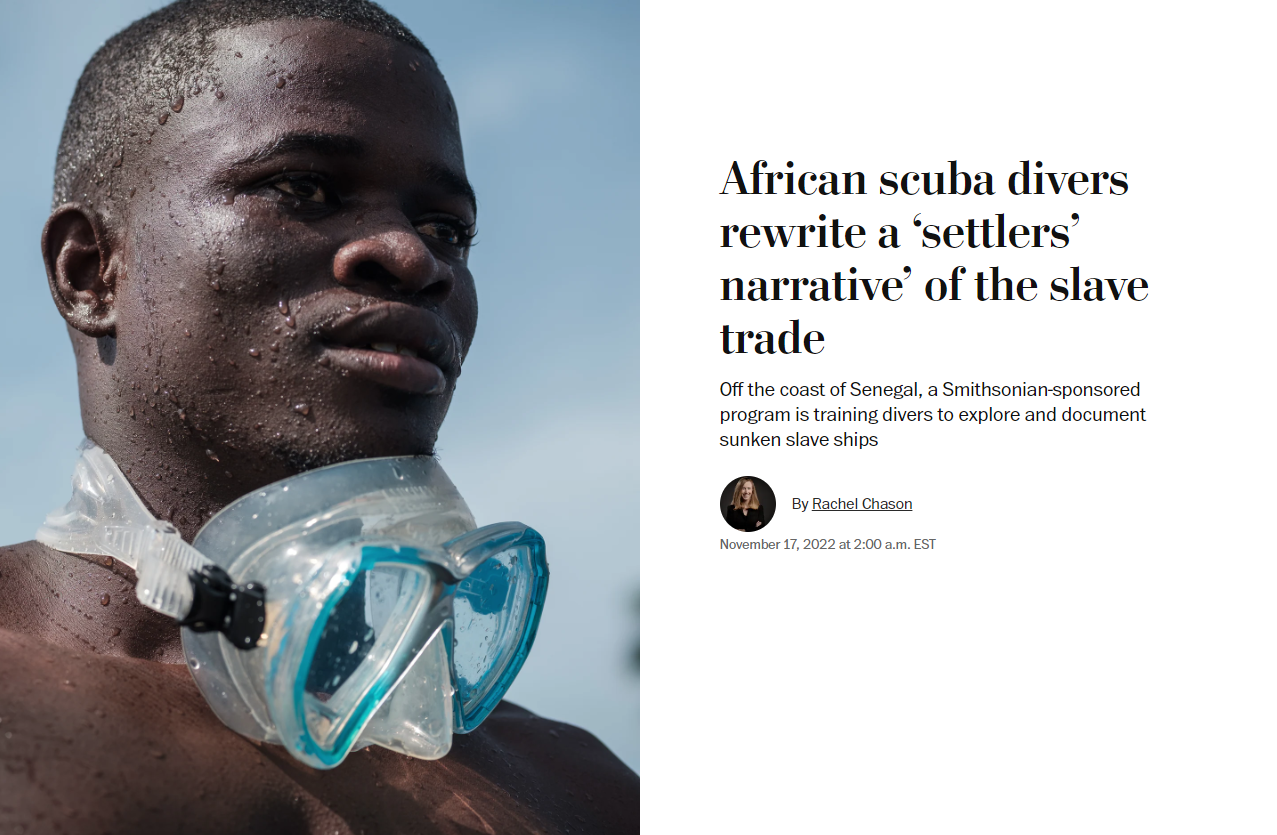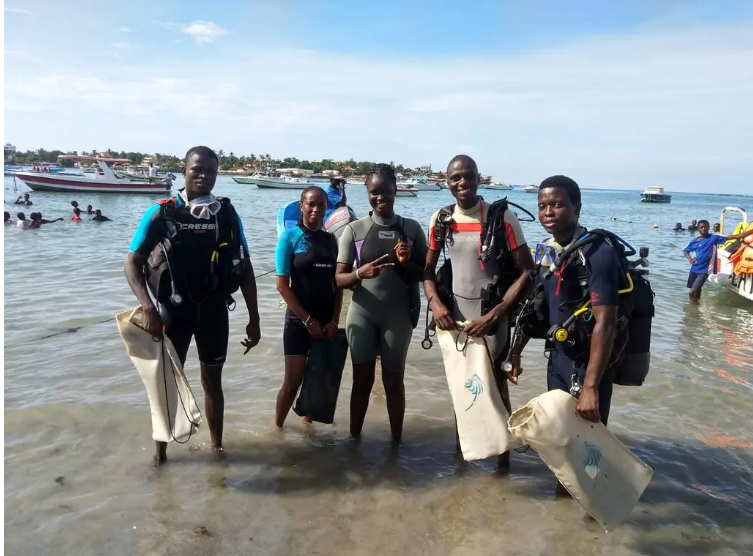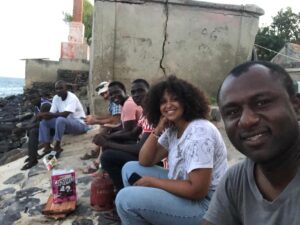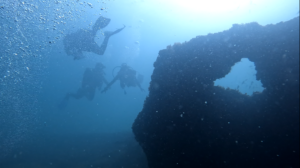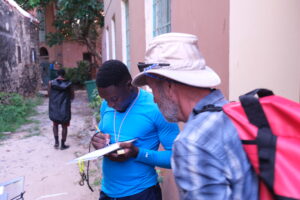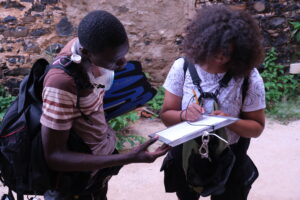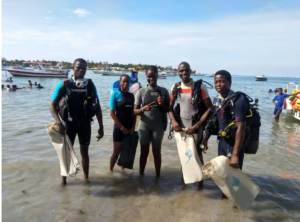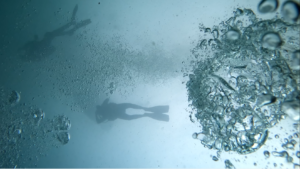SWP Academy
October 5, 2023
Slave Wrecks Project Academy is a new initiative piloted in Goreé, Senegal in October of 2022. The groundbreaking effort by the SWP is part of our Maritime Archaeology of the Slave Trade (MAST) program. SWP Academy deepens, expands, and institutionalizes a long-standing practice of training and building capacity for doing underwater archaeology among Africans and people of African descent.
Learn more about SWP Academy by watching the video below!
SWP Academy will develop an international network of archaeologists engaged in maritime archaeology of the slave trade, who engage deeply with decolonized practices and paradigms while simultaneously generating cross-cultural and interdisciplinary learning across Africa and the African diaspora. This program was developed and taught in collaboration with NMAAHC staff, GWU instructors, and collaborators at URICA at l’Universite Cheikh Anta Diop with the advisement of our International Leadership Team and network of experts.
Since its inception, the SWP has been dedicated to training scholars across the globe about the history and legacy of transoceanic slavery through the lens of maritime archaeology, museum work, conservation, interpretation, and heritage management. SWP has recognized the immense need for a regularized training program that educates advanced students and early-career archaeologists on the maritime archaeology of slavery and the slave trade, especially those historically marginalized from programs in higher education. SWP Academy will galvanize a new generation of maritime archaeologists from across the African diaspora to be trained to approach the history of global slavery through interdisciplinary methods. SWP Academy will also encourage the growth of deep global collaborations between universities, cultural institutions, local communities, and broad publics through its unique approach of both formal training and community engagement and learning.
